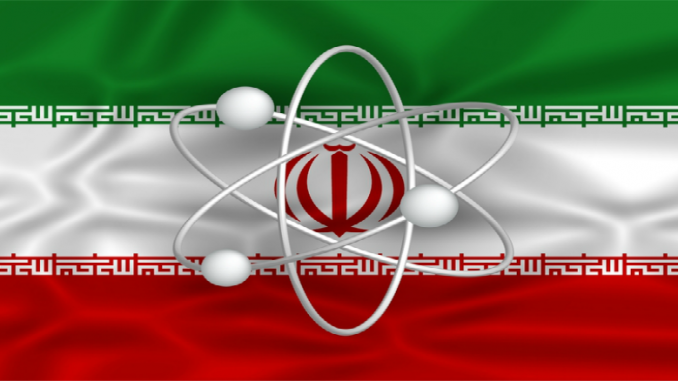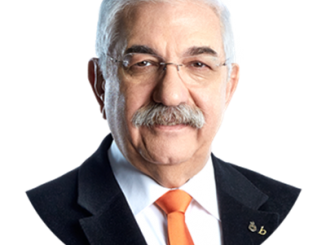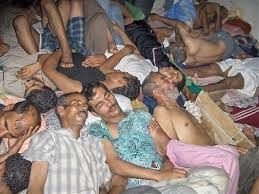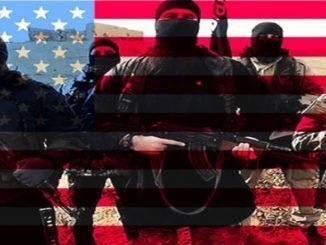
The Atomic Energy Organization of Iran (AEOI) said Tehran received requests from some European states to purchase heavy water, while the U.N. nuclear watchdog said Iran is committed to the nuclear deal.
Barack Obama, The former US leader, was behind the historic Iran nuclear deal with P5+1 powers, agreed upon last year, which saw Tehran agree to amend its nuclear output in order to lift all nuclear-related economic sanctions, freeing up tens of billions of dollars in oil revenue and frozen assets.
As part of the JCPOA, Iran is expected to keep its heavy water stockpile below 130 metric tons. The deal requires that Tehran sell or dilute the extra amount of its heavy water.
The nuclear deal stipulates that Iran has to make available all its excess heavy water for export to international markets with “no additional heavy water reactors or accumulation of heavy water in Iran for 15 years.”
In March 2016, Iran exported 32 tons of heavy water to the United States as part of the nuclear deal in 2105 for a price of $8.6 million.
Iran has also delivered 38 metric tons of heavy water to Russia in September 2016.
I can inform the respected colleagues that 38 tons of Iran’s heavy water have been delivered in two flights on September 13 and 20,” Russia’s Rosatom nuclear agency CEO said.
New deal with Europe
“Following the sale of 70 tons of heavy water to Russia and the US, some European countries have asked for [the purchase of Iran’s] heavy water and we are considering their requests,” Ali Asghar Zare’an, special assistant to the AEOI head, Ali Akbar Salehi, said on Saturday.
Pointing to the increasing demand for heavy water worldwide, Salehi said Iran had become a major international supplier of the substance.
He also added that heavy water was not used only in reactors but could also be utilized in various industries, including pharmaceuticals.
Zare’an said that Iran would unveil the first domestically-manufactured centrifuge which would be utilized in the country’s oil industry on April 9.
He said that the his country had joined the world nuclear club and added, “In addition to the production and sale of heavy water with a high-level purity, we are witnessing the purchase of a large quantity of high-enriched uranium.”
Iran committed to the deal
Trump has said during his election campaign that Iran’s nuclear deal as “disastrous” and said it would be his “number one priority” to dismantle it.
Trump’s administration is considering insisting the International Atomic Energy Agency (IAEA) toughen its policing of Iran’s compliance, including demanding access to military sites, sources have told Reuters.
But the new administration has so far not contacted the IAEA, the U.N. nuclear watchdog responsible for verifying Iran’s adherence to the deal formally called the Joint Comprehensive Plan of Action (JCPOA), IAEA Director General Yukiya Amano said.
“This is a very early stage of the Trump administration but we are very willing to have interaction with them as soon as possible,” he told reporters on the sidelines of a summit in Dubai.
The IAEA remains in “constant interaction” with U.S. civil servants.
Amano said “Iran is implementing the JCPOA” apart from some breaches that saw its stock of heavy water slightly exceed the limit set under agreement which have been rectified.
“Nuclear activities by Iran is reduced and so this is a net gain. What is important is to continue to implement” the deal, he said.
Amano declined to directly comment on what it would mean if the United States did try to change the deal, particularly if it did so while Iran remained compliant.
He said how Iran implements safeguards should be the same as any other country with “no discrimination and no special treatment”.
“There is nothing political that will change our implementation,” he said. “Implementation is very important and that requires efforts by all and … we have a very robust verification tool.”



